
Presentation Slides On Tuesday, March 18th, we hosted Dr. Robert Talbert, Professor of Mathematics and Senior Faculty Fellow for Learning Futures at Grand Valley State University to discuss the issues […]
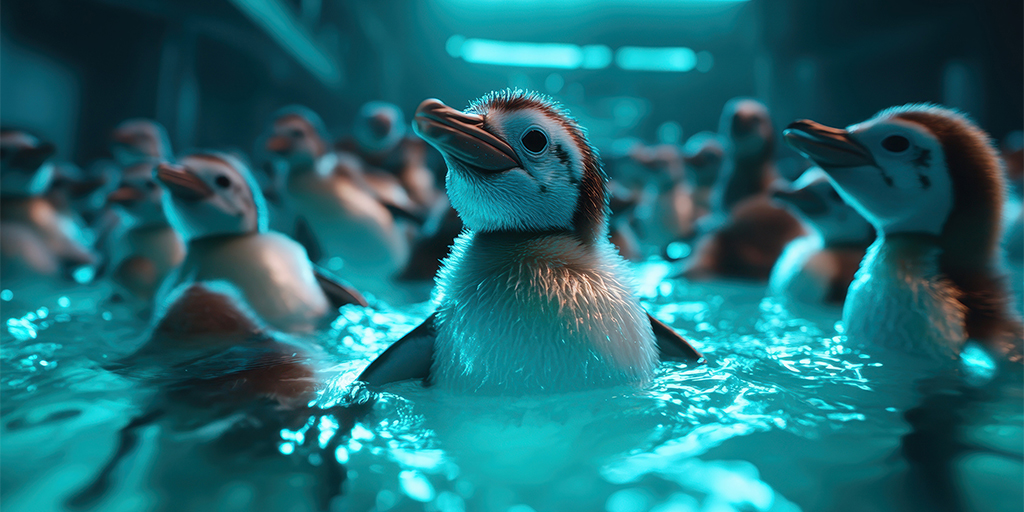
On Thursday, February 20, we hosted Dr. Jill Allen to discuss how integrating belonging and motivation in teaching practices can improve student retention, engagement, and learning outcomes in STEM. The […]

On Wednesday, December 4, we hosted Dr. Idalis Villanueva Alarcón, who spoke about how the hidden curriculum manifests in engineering education and shared practical strategies that instructors can use to […]

On Tuesday, October 29, Ray Feller and Jane Abbott provided us with their experiences, perspective and insights on how faculty and instructors can navigate discussions around the 2024 election in […]
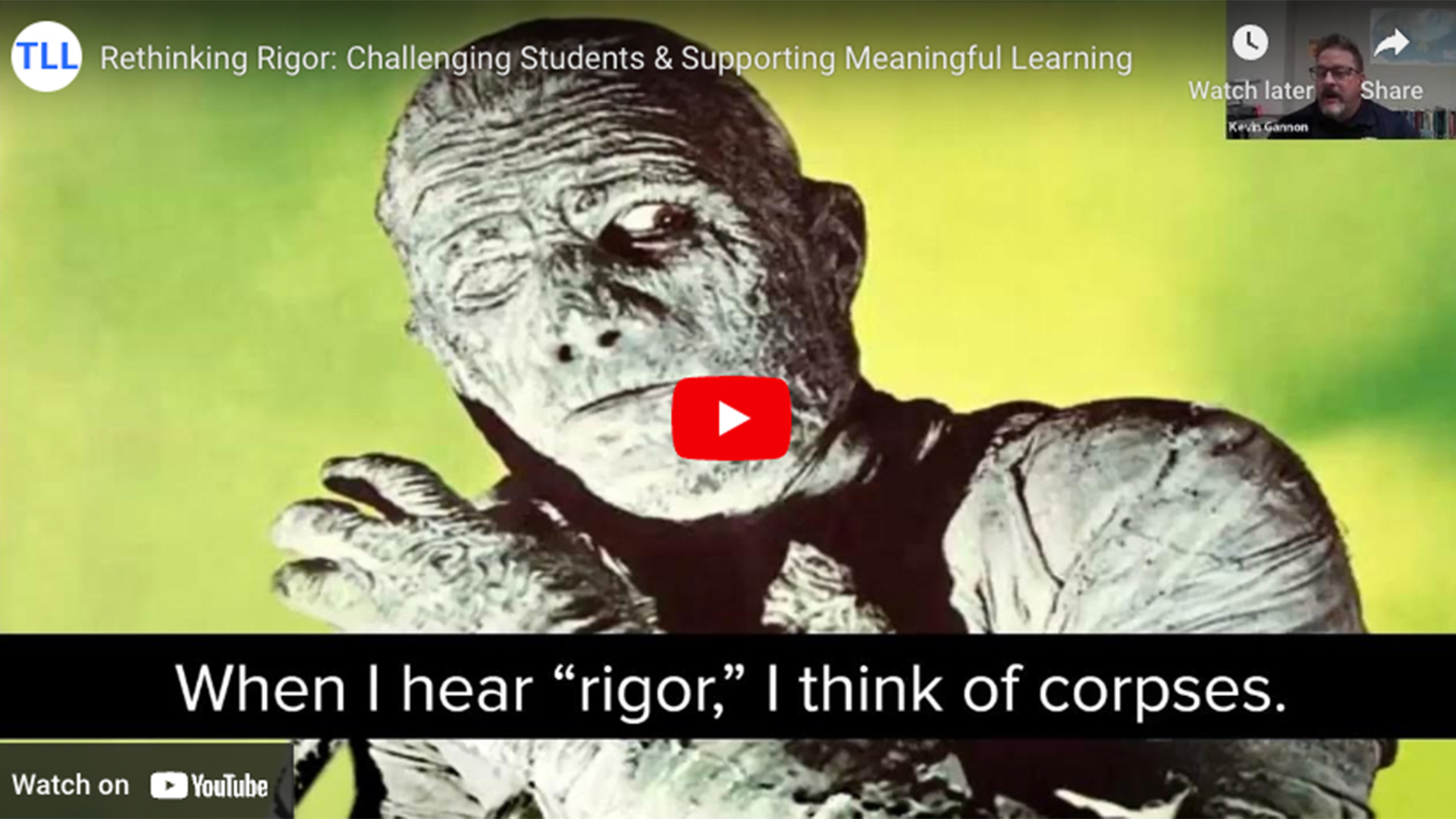
On Wednesday, September 25, we hosted Dr. Kevin Gannon to discuss how instructors can provide a supportive yet challenging learning environment that promotes meaningful learning for students. “Dysfunctional Illusions” About […]

On Wednesday, April 24, we hosted Dr. Sarah Eddy to discuss how course climate supports student engagement in active learning. Active learning in STEM courses Dr. Sarah Eddy’s research focuses […]

View Recording on Panopto (restricted to the MIT community). On Wednesday, April 10, we hosted Dr. Bryan Dewsbury to discuss the role that faculty play in supporting students’ identities in […]
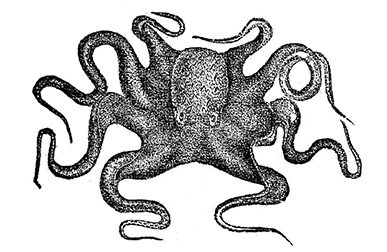
View Recording on Panopto (restricted to the MIT community). On Thursday, February 14, we hosted Dr. Sandra Goldmark to discuss climate-responsive teaching in any discipline. Designing Change Dr. Sandra Goldmark […]
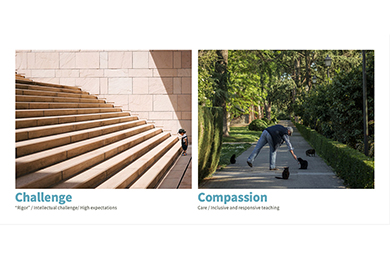
On Wednesday, December 13, we hosted Dr. Sarah Rose Cavanagh to discuss how to create challenging learning environments for students that also support their mental health and wellbeing.
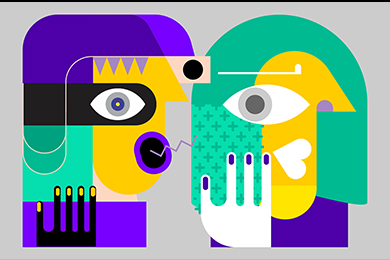
On Thursday, October 26, we hosted Dr. Julie Dangremond Stanton to discuss how students with disabilities engage in self-advocacy in the context of undergraduate STEM courses.

